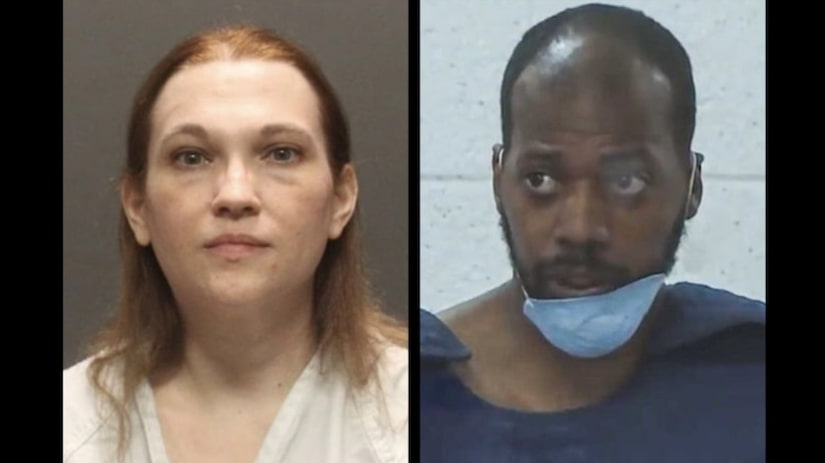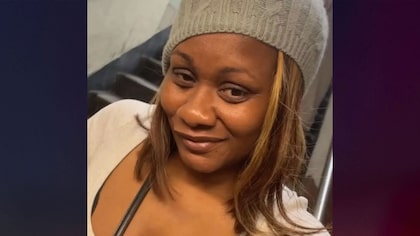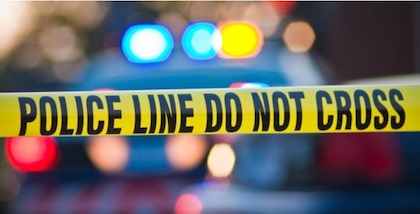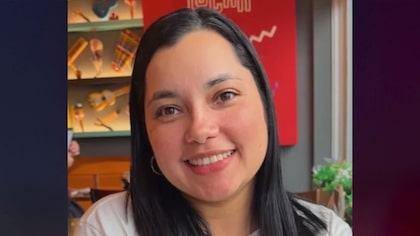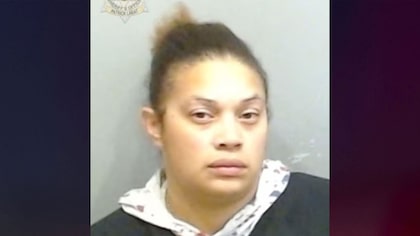Hackers take counterfeit drugs scheme to universities and colleges
09/29/2016 3:03 pm PDT
By Joe Mauceri, WPIX
NEW YORK -- (WPIX) -- Drug dealers are invading colleges and universities throughout the country and you'd never even know it. They're selling millions of counterfeit drugs, but they never set foot on campus.
Instead they're using hackers to hijack websites.
"It's more than just selling counterfeit goods," said Damon McCoy, a computer scientist and assistant professor at NYU's Tandon School of Engineering. "There's a lot of collateral damage being done in the marketing."
For years he's been trying to track counterfeit pharmaceuticals from your spam folder to your search engine. Multiple times he's found hackers targeting higher education to push their counterfeit pills.
"Google gives a bump in the search rankings to university websites, so university websites are particularly valuable to the spammers," McCoy said.
On a recent search PIX11 News found dozens of stolen sites from universities and colleges. Some had sniffed out the spammers themselves. Others, including Brooklyn College, had no idea how their sites were being used.
"The list never stops," McCoy said.
Brooklyn College officials took down the page as soon as PIX11 News alerted them and said the hackers could not access any confidential data.
"Colleges in particular can be more susceptible to hacking because of the open the nature of our organizations," Brooklyn College Communications Director Jason Carey said. "We take any form of security breach very seriously, and continue to update our systems as hackers have become more sophisticated and cunning."
But tech troubles might be the least of the problems caused by counterfeit pharmaceuticals.
Sometimes the pills are just generics, sometimes they're just sugar pills, but other times they're harmful: cooked up using chemicals in Third World garages.
The World Health Organization estimates 1 million people die because of fake drugs every year.
"Poorer people were being the ones who were the victims," said Laurence Huntley, Vice President of Global Growth at Sproxil. "So if they got cheap and fake drugs, they either did not get better or in some instances they were being poisoned."
Sproxil is trying to put an end to counterfeit drugs by putting a scratch-off code on the back of every pill.
Consumers can send a text message with that code and find out whether the pill is "OK" or "fake" in an instant.
But there's a tall task ahead.
Last year Interpol seized more than 20 million counterfeit pills across the globe. And the counterfeit drug industry generates almost $450 billion a year.
"They can get a greater return for their investment by investing counterfeit drugs, this is medicines, than they can if they went into smuggling or counterfeit cigarettes or alcohol," Huntley said.
But even with the increased oversight he said it's going to take a higher power to help cut the counterfeit market around the world.
"Governments need to start intervening and put regulations in place."
Some countries are starting to step up.
The European Union will require barcodes on just about every pill by 2018. But here in the U.S., with most of the counterfeit market surrounding male enhancement rather than life-saving drugs, it could still be a while before government officials jump on board.
FULL STORY: Hackers take counterfeit drugs scheme to universities and colleges - WPIX







